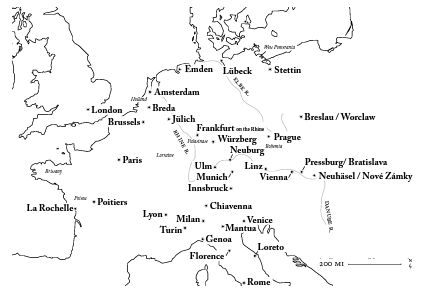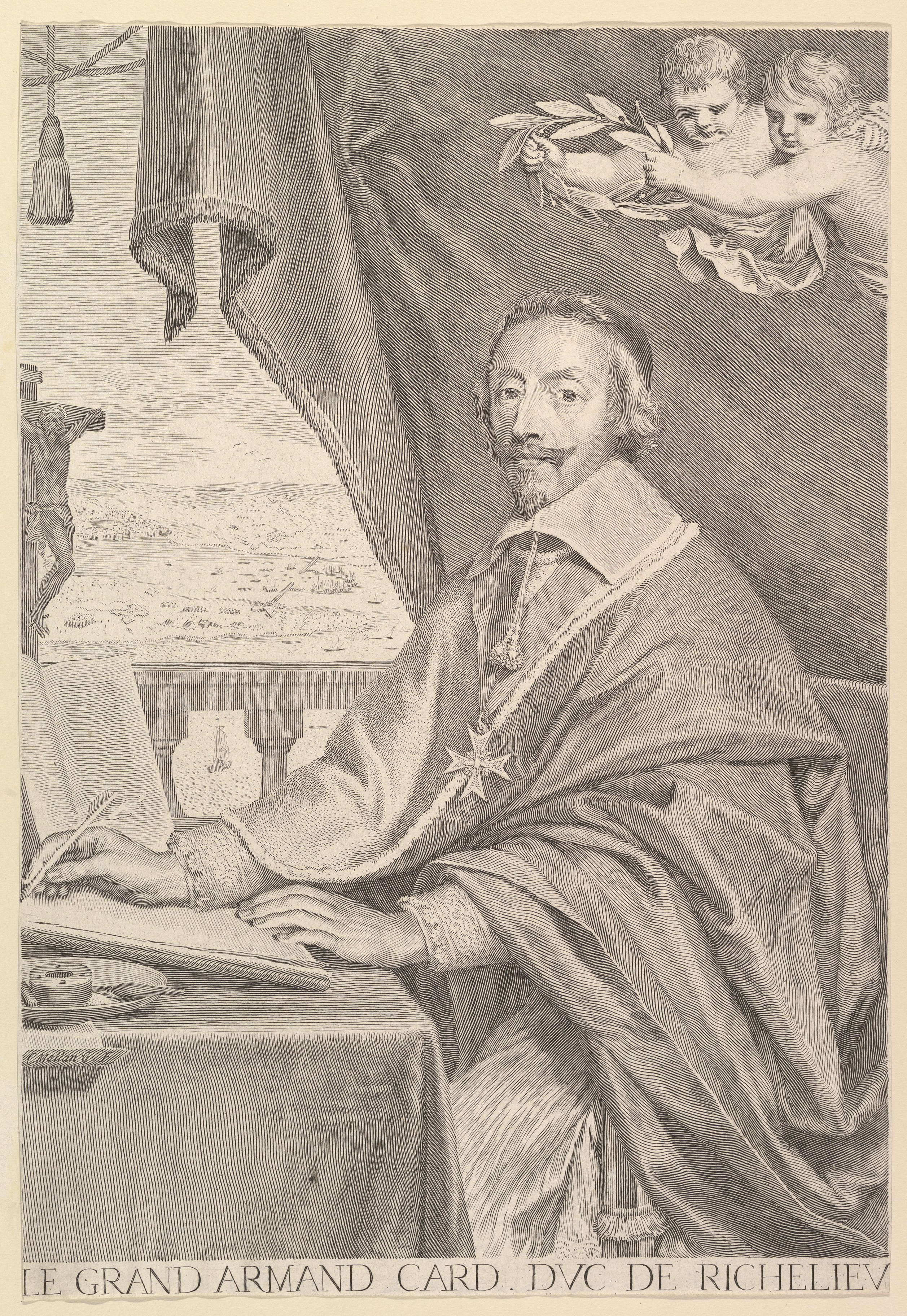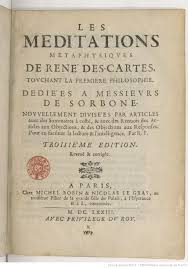INTERACTION

Descartes Shaped by Politics, Church and War
During Descartes' time, France endured political strife and religious tension. Louis-XIII, who ruled France from 1610-1643, staged a coup against his mother, Marie de' Medici. Simultaneously, Cardinal Richelieu, Louis-XIII's chief-minister from 1624-1642, aimed to strengthen Catholic dominance and suppress Protestants, leading France into the Thirty-Years' War against the Habsburgs. Fleeing turmoil and seeking intellectual freedom, Descartes departed for Holland, evading political and religious unrest.
“Period in which Descartes lived was replete with uncertainty and personal distrust: deadly famine and plague ran through whole regions at a time, war was rampant and made even more horrifying by the brutalities evoked by religious and ideological division, the hunting of witches and heretics terrorized many lands, That was Descartes’s world.”
~ The Young Descartes: Nobility, Rumor, and War, Harold J. Cook

(Descartes European Footprint By Lyme Messmer, The Young Descartes: Nobility, Rumor, and War, Harold J Cook)

(Cardinal Richelieu’s Portrait by Claude Mellan, 1651, The MET Museum)
Descartes was also increasingly aligning towards the Copernican model, with the Sun as the center of the world, which conflicted with the doctrines of the church, especially in the backdrop of Galileo's inquisition. Rumors of his involvement with the Rosicrucians further fueled his decision to flee Paris for liberal Holland. Descartes also decided not to publish his work, "Le Monde," until 1664, posthumously, likely due to religious apprehensions.
“I have voluntarily and entirely cancelled the treatise [Le Monde], thus losing four years of my work, for the purpose of giving full obeisance to the church, since it defends the opinion about the movement of the earth”
~ Descartes’ letter to Mersenne from Devanter on February 1, 1634 quoted from Descartes Secret Notebook by Amir D Aczel
(Descartes, René : Le Monde, 1633, Gallica, digital library of the National Library of France)

(Rosicrucian Manifesto, Fama Fraternitatis Rosae Crucis, 1614 tr Thomas Vaugan)
Forced to depart Paris, Descartes spent next three years as a soldier, initially aligning with Prince Maurice of Nassau and later shifting allegiance to Duke Maximilian of Bavaria. His military service deeply impacted his mathematical approach, as he studied cannonball trajectories, defensive strategies, and fortification construction.
Cartesian Philosophical Undertones
Descartes' philosophical principles deeply influenced his mathematical approach, prioritizing methodical rigor and foundational concepts. Through Cartesian doubt, exemplified by the Cogito argument, he sought to uncover fundamental truths by dismantling existing beliefs. In mathematics, he began with the foundational idea of length and breadth upon which he systematically developed Cartesian Geometry.
“I realized that once in my life I had to raze everything to the ground and begin again from the original foundations, if I wanted to establish anything firm and lasting in the sciences."
~ Meditations on First Philosophy, Rene Descartes, 1641, Translated from the Latin by Donald A. Cress, 1993

(Descartes, René : Les Meditations, 1641, Gallica, digital library of the National Library of France)
"One could claim that just as a history of western philosophy has been viewed as a series of footnotes to Plato, so the past 350 years of mathematics can be viewed as a series of footnotes to Descartes' Geometry "
~ Descartes and Problem Solving by Dr. Judith V. Grabiner Ph.D
About "Cartesian doubt" (Excerpt from my interview with Dr. Hunter Dinkins PHD , NSF Postdoctoral Fellow of MIT, March 2024)
